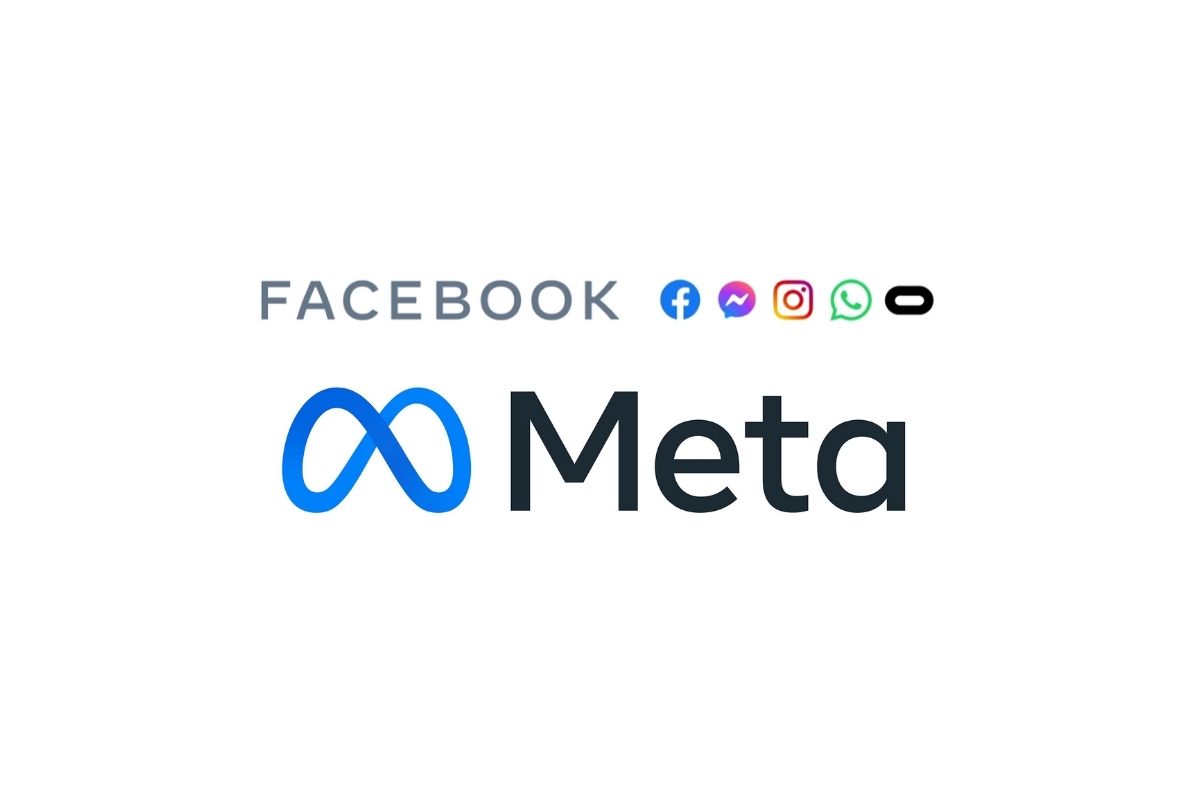From the distance of the future, we will remember 2021 as the year the metaverse began to take shape. As the building blocks of this new world come into focus let’s begin with the obvious and timely.
The ultimate Web 2.0 company, Facebook, rebranded itself as Meta this past month to signal that it intends to lead the charge into Web 3.0, aka the metaverse. Meta owns not only Facebook, Instagram, and WhatsApp, but also importantly virtual reality firm Oculus. So they’ve got a nice head start on building this around us.
One the one hand, the metaverse still feels quite science fiction-y. Science fiction writer Neal Stephenson, author of the 1992 novel Snow Crash (which I have not yet read) gets credit for inventing the word.

For a glimpse at this future, who among us did not love the movies Tron and The Matrix? And the books Neuromancer by William Gibson, or more recently Ready Player One by Ernest Cline? Sure, there were a few teensy-tiny issues in these fictional metaverses, but surely Zuckerberg will solve these problems on our behalf.

From the perspective of metaverse dwellers, what we might call “in real life” or “IRL,” this “flesh and blood” existence has a name. Our corporeal world, as distinguished from the metaverse, shall henceforth be known as the “meatverse.” Is this not perfect? Please, please, can we make the meatverse a thing?
The key transformation from meatverse to metaverse (besides the movement of 1 letter) can be captured by the concept of dematerialization. Future production of goods and services need not be physical or material. They will be digital. We will mostly and increasingly live our whole lives in this digital world.
Long before renaming his company Meta, Zuckerberg was already on an acquisition tear to build our metaverse. He’s got not only a head start, but maybe has built a near-monopoly already. In 2021, Facebook/Meta bought virtual-reality game-maker BigBox VR, and game platform Unit 2 Games, which resembles the Roblox platform, a competing metaverse builder.
In 2019 Facebook bought Beat Games, the maker of the most popular virtual reality game on Oculus. In 2020 they bought Giphy, thought to be useful for building digital advertising. The company also acquired two other virtual reality game-makers Sanzaru Games and Ready at Dawn.
It’s not just the roll-up of VR businesses, but also the deepening and adoption of new technology in 2021 that mark the trend toward the metaverse.
Semi-buried beneath the 2021 hype about cryptocurrencies (which I hate) is the more significant application of blockchain technology (which I acknowledge is probably important.) Blockchains may be crucial infrastructure powering the coming metaverse.
Non-fungible tokens, better known as NFTs and based on crypto and blockchain technology, allow for permanent, private ownership of digital assets in the metaverse. This already means metaverse-ready artwork, which exploded in popularity and prices this past Spring.
All of the hype around extraordinary prices paid for digital NFT artwork indicate that the very real human need for social status and social connection will likely drive construction of the metaverse.
Status acquisition in the metaverse feels poised to only grow exponentially from here. For example, paying $4,000 for a digital (not physical) Gucci bag in the game Roblox isn’t cool, because it can’t be taken out of that single game. But maybe getting an NFT of a Gucci bag in the metaverse will be cool, because it’s transferable across platforms and can be permanently owned for life?
To your question, apparently yes, somebody did pay more for a digital Gucci bag in the Roblox game than the cost of a real-life Gucci bag. This is only the beginning of the fun we’re going to have in the metaverse.
This will soon mean metaverse real estate. Will I be able to purchase the coolest meta-mansion and host the coolest meta-parties at an extraordinarily high cost in crypto? Undoubtedly, soon, yes.
But also, do I get to explore Mordor with the realest orcs and achieve my dream of climbing Mount Doom, all while laying safely on my couch? You’re darn right I’m going to do that on a Saturday night surrounded by all of my favorite hobbits. I’ll probably pay a lot in cryptocurrency for a live elven guide too. In a related story, a videogame company just bought Peter Jackson’s visual effects studio for $1.6 billion last week, explicitly to facilitate the building of the metaverse with Lord of the Rings nerds like me in mind.
As you read this, are you under the mistaken impression that none of this applies to you?
Once you understand the narrative and the trend, you will recognize more key elements of the metaverse are assembling before our very eyes. This past year in particular.
The metaverse took a great leap forward in 2021 because COVID forced everyone to interact virtually for months at a time. You wanted to see your friend? You needed to collaborate with your colleague? You had a therapy appointment? Everything we needed to do in person we realized we could do through our screens, virtually. And we have all adapted more or less quickly to it.
I bought a new car in September, a 2022 model Hyundai Elantra. It’s not even close to a high-end car, but the self-driving proto-metaverse features are actually amazing. Automatic steering-wheel nudges when I drift out of my lane. Automatic braking if I come up to close to the car ahead. Immersive sound. I play podcasts that take me anywhere in the outer world. That outer world is represented by a constantly changing 3-D street map on my screen. It’s just a whole different driving feel than my 2009 car of the same make and model. It is not a far leap to think that automated driving or semi-automated driving is just around the corner, extending the metaverse from my computer screen to my windshield.
Soon I will hardly need to interact with the meatverse at all.
A version of this post ran in the San Antonio Express News and Houston Chronicle.
Please see related posts:
Teaching my kid about stocks by talking about Roblox and the Metaverse
My Hyundai Elantra and talking about fund fees.
Post read (148) times.





